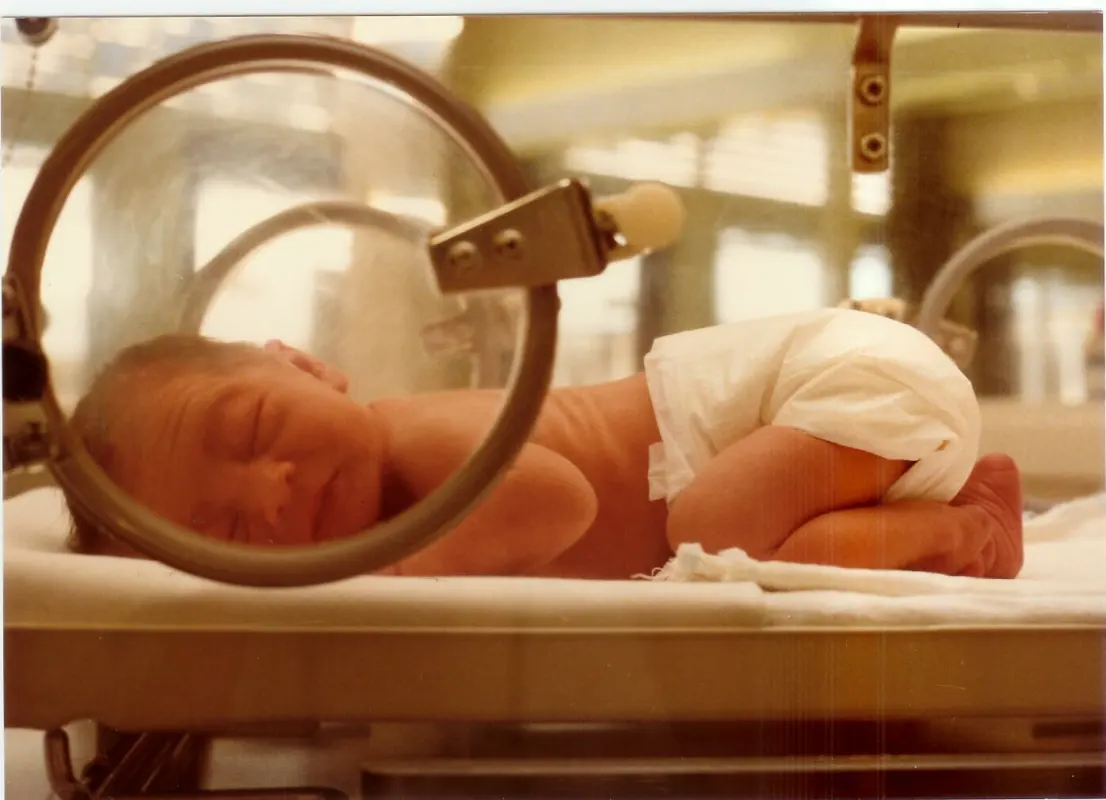What Is the NICU Care?
When babies are born early, have health problems, or a difficult birth they go to the hospital’s NICU. NICU stands for “neonatal intensive care unit.” There, babies get around-the-clock care from a team of experts.
Most of these babies go to the NICU (NIK-yoo) within 24 hours of birth. How long they stay depends on their health condition. Some babies stay only a few hours or days; others stay weeks or months.
You may hear the NICU called:
- a special care nursery
- an intensive care nursery
- a newborn intensive care nursery
Who Can Visit the NICU?
Parents can visit and spend time with their babies who stay in the NICU. Other family members might be able to visit, but only during set hours and only a few at a time. Children visiting the neonatal unit must be well (not sick) and should have all their immunizations. Check with the hospital staff about which family members can see your baby.
Some units require guests to wear hospital gowns. You may need to wear gloves and a mask.
Everyone who comes into the NICU must wash their hands before they enter. (There will be a sink and antibacterial soap in the room and near the entrance of the NICU.) This is a crucial part of keeping the NICU as clean as possible so the babies aren’t exposed to germs.
You may be tempted to bring toys, decorations, or other items in your baby’s room, but check with the nurse first. If allowed, these things should be easy to clean (no stuffed animals). Some hospitals let parents tape pictures or other decorations to the outside of a baby’s incubator.
Can I Hold My Baby in NICU care unit?
Depending on your baby’s health, you might be able to hold your little one even if he or she is on a ventilator or has an IV. If the doctors feel that would be too much, you can still hold your baby’s hand, stroke his or her head, and talk and sing to him or her. A gentle touch will be the most reassuring.
But for some very premature infants, touching is stressful. Doctors may suggest that you limit physical touch, but still spend as much time as possible with your baby. Check with the doctor or nurses to figure out how much and what type of touch is best.
If you can, skin-to-skin contact (or “kangaroo care”) is a good way to bond with your baby:
- Place your baby (who’s usually dressed in just a diaper and a hat) on your chest underneath your shirt, so your little one is resting on your skin.
- Loosely close your shirt over your baby to help keep him or her warm.
Skin-to-skin contact can help with breastfeeding and improve healing times so that babies go home sooner.
How Can I Help Care for My Baby?
Mothers may be able to breastfeed their babies or offer pumped breast milk or formula in a bottle. If you need help breastfeeding or pumping, ask a nurse or lactation consultant.
Because many babies in the NICU can’t yet feed on their own (either due to early development or health problems), they can get breast milk or formula through a feeding tube.
Babies in the NICU are on a feeding schedule. Your baby’s nurse can tell you when your baby should eat and sleep. The more time you spend with your baby, the more you will learn about:
- what type of interaction your baby likes (stroking, singing, etc.)
- what time of day your baby is the most alert
- how long your baby can respond to you before getting tired
- when your baby is stressed and needs to rest
Talk in a calm, soothing voice, keep lights dim, and keep noise to a minimum. Although you may want to interact with your baby often, let your baby sleep when he or she needs to.
How Can I Feel Less Stressed?
Having a baby in the NICU can be one of the most stressful times in your life. You may be away from your support circle, such as friends, family, and other children. Your life may seem like it’s been turned upside down as you wait for the day when your baby is ready to go home with you.
As hard as it can be, it’s important to keep things as normal as possible. These tips can help:
- Pay attention to your own needs and those of the rest of your family, especially any other kids. Doing something for yourself can be as simple as taking a relaxing bath, going for a walk, or reading a favorite book.
- Make plans for a weekly family activity, and sit down together and talk about how this experience makes you feel.
- Turn to other parents whose babies are in the NICU for support. They’ll know better than anyone what you’re feeling. Join a support group to share your feelings, worries, and triumphs together.
- The hospital’s chaplain also can give you support.
When you take care of yourself, you’ll be more rested and better able to take care of and get to know your baby. While a NICU stay can be hard, it’s also rewarding to watch your little one grow stronger each day.
Know more about Motherland Hospital’s best neonatal intensive care or NICU Services or Book an Appointment now.

